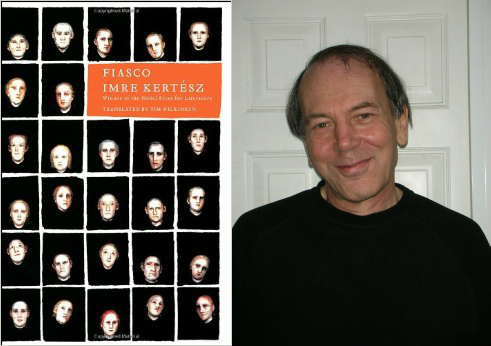The excerpt of Miklós Szentkuthy’s Towards the One and Only Metaphor, translated from the Hungarian by Tim Wilkinson in our April 2013 issue, is the very first thing I ever read on Asymptote. This was long before I was a blogger (much less blog editor), and perhaps the first time I felt enraptured enough to sustain interest in reading something literary off a screen. It was my induction into the literary Internet. It seems so long ago to me now, and so absurd—online journals portend equity and unlimited access! Poems can be shared, clicked on! Stories bookmarked and hung on (Facebook) walls! And it’s all for free!
But until that moment I was rather unimpressed with the prospect of reading something from a screen that had not been printed, circulated, tattered with time and dead tree. But here is where it changed: where I was so arrested by a piece, I knew immediately how important this kind of Internet literary journalism is—for writers, for translators, and for readers most of all. READ MORE…


